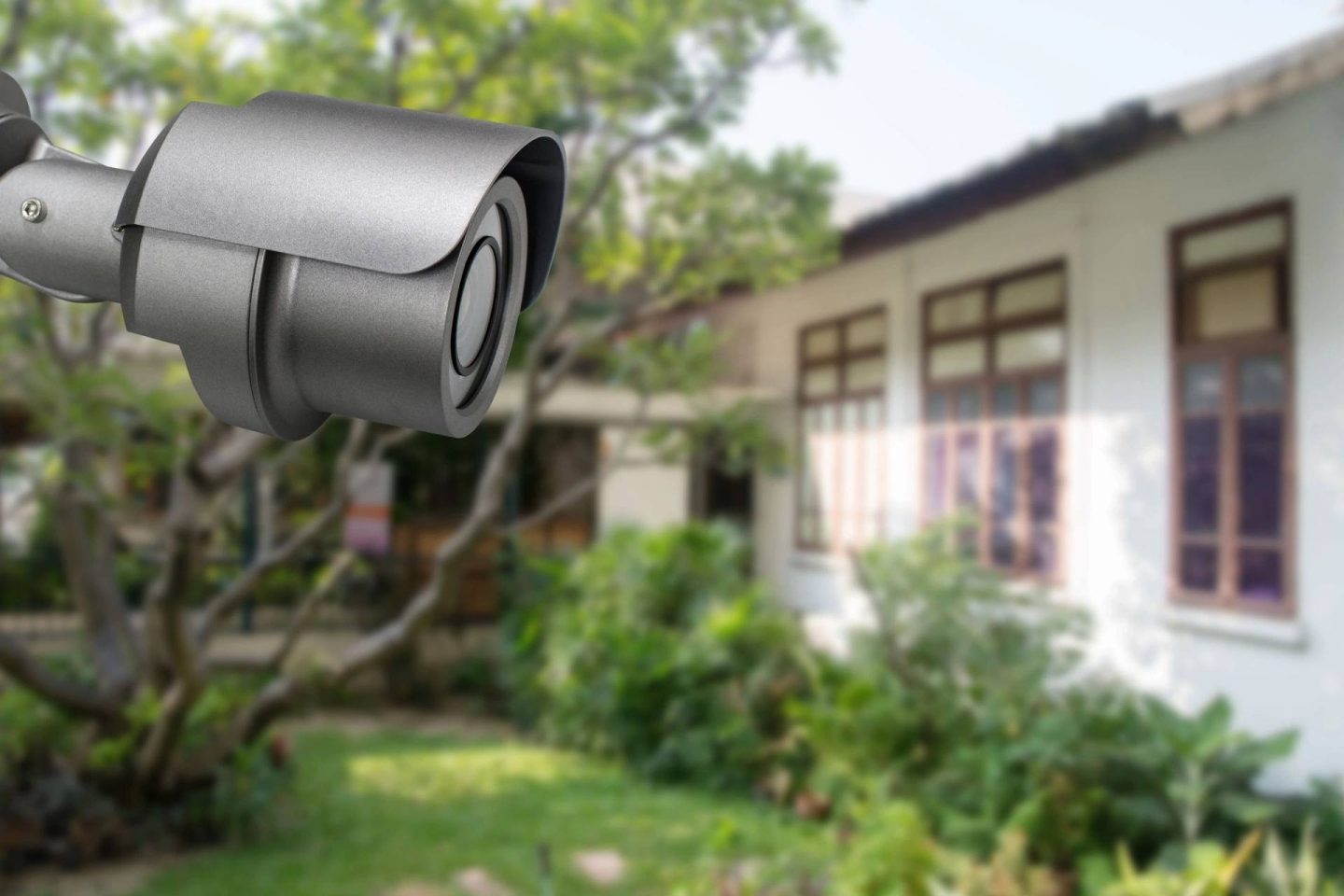*Collaboration
Your home is your sanctuary, and ensuring it remains a safe haven is crucial. From preventing accidents to deterring potential threats, taking proactive steps can protect your family, belongings, and peace of mind.

Secure Doors and Windows
One of the most fundamental steps in safeguarding your home is securing your doors and windows. These entry points are often the first targets for burglars. Start by ensuring that all exterior doors are made of solid, sturdy materials like wood or metal, and fitted with reliable deadbolt locks. Don’t forget about the hinges—ensure they’re on the inside of the door, where they can’t be easily tampered with.
Windows, especially those on the ground floor, should be equally secure. Invest in quality locks, and consider adding security film to the glass, making it harder to shatter. For added protection, install window bars or security screens that blend in with your home’s aesthetics. It’s also a good idea to use smart window sensors that alert you if a window is opened unexpectedly.
Additionally, always make sure that sliding doors are reinforced. Install a rod or bar in the track to prevent them from being forced open, and consider upgrading the locks to more robust models. Remember, even the best locks are useless if you forget to lock them—make it a habit to check all doors and windows before leaving the house or going to bed.
Install a Comprehensive Security System
A modern security system is one of the best investments you can make to keep your home safe. Today’s systems go beyond just burglar alarms—they offer a full suite of features that can monitor every aspect of your home’s safety. Choose a system that includes door and window sensors, motion detectors, and security cameras. These cameras can be positioned both inside and outside your home to capture any suspicious activity.
Many security systems also come with smart home integration, allowing you to control and monitor your security from your smartphone. You can receive real-time alerts, watch live camera feeds, and even remotely lock or unlock doors. If you travel frequently or spend a lot of time away from home, this feature is particularly valuable.
For an added layer of security, consider adding a professional monitoring service. In the event of a break-in, fire, or other emergency, these services will notify the authorities on your behalf, ensuring help is on the way even if you’re unable to respond.
Improve Outdoor Lighting
Proper outdoor lighting is a simple yet effective way to enhance your home’s security. Well-lit exteriors can deter potential intruders, who prefer to operate under the cover of darkness. Start by installing lights around all entry points, including doors, windows, and garages.
Motion-sensor lights are an excellent choice as they only activate when movement is detected, surprising and deterring any would-be intruders. Position these lights high enough so they cannot be easily tampered with, and cover all blind spots around your property.
In addition to security-focused lighting, consider adding landscape lighting to illuminate pathways, driveways, and garden areas. This not only enhances the appearance of your home but also reduces the risk of accidents in low-light conditions. Solar-powered lights are a great option for this, as they’re energy-efficient and easy to install.
Remember, outdoor lighting is most effective when used in conjunction with other security measures. Ensure all areas are well-lit, particularly those that could provide hiding spots for intruders.
Practice Fire Safety
While protecting your home from intruders is important, don’t overlook the threat of fire. Practising fire safety can be life-saving and help to prevent significant property damage. Start by installing smoke alarms in every room of your home, particularly in the kitchen, bedrooms, and hallways. Regular detector testing is a good idea, as well as changing the batteries at least once a year to ensure they’re functioning properly.
In addition to smoke alarms, consider investing in fire extinguishers and placing them in key areas such as the kitchen, garage, and near any fireplaces. Ensure all family members know how to use them in case of an emergency.
Create a fire escape plan with your family, outlining multiple exit routes and a designated meeting spot outside.
Finally, be mindful of fire hazards in your home. Keep flammable materials away from heat sources, unplug appliances when not in use, and ensure that your electrical wiring is up to date and safe.
Maintain Regular Home Inspections
Regular maintenance and inspections are crucial for identifying and addressing potential safety hazards before they become serious issues. Start by checking your home’s structural integrity, looking for signs of wear and tear, such as cracks in the foundation, damaged roofing, or compromised walls. These issues can make your home more vulnerable to intruders and the elements.
Plumbing and electrical systems should also be inspected regularly. Faulty wiring or leaks can pose serious risks, including fire and water damage. If you’re not comfortable conducting these inspections yourself, hire professionals to ensure everything is up to standard. Don’t forget to inspect your security systems, too. Make sure all cameras, sensors, and alarms are functioning correctly.
